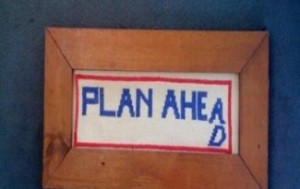As I said today in the class, you can either use APA or MLA citation style. I am not accepting any other citation format. I prefer APA but MLA is O.K., too.
Check you Foundations book. It has a great chapter on these two citation styles.
Alternatively, you can check out the internet. I find Cornell University’s webpage useful. For APA style guide click here, for MLA click here. Elma found a great source: Here is the link. And this is from OWL‘s website. These are equally good.
You are required to have a title page. All citation styles often have their own title page. Although I am asking for APA and MLA style for citations, you are not required to follow a specific format for the title page. As long as you write your name, title of your essay, my name and the tutorial information, and course information in the title page, that’s fine.
However, if you are interested, this is a good video on APA style cover page.
